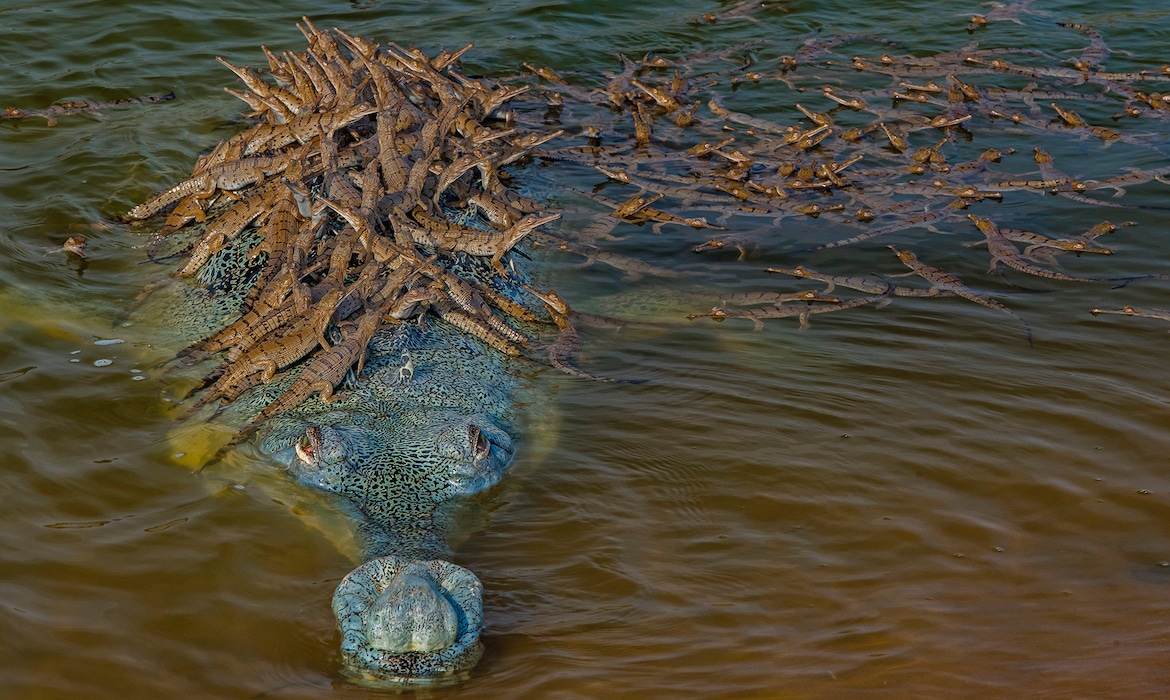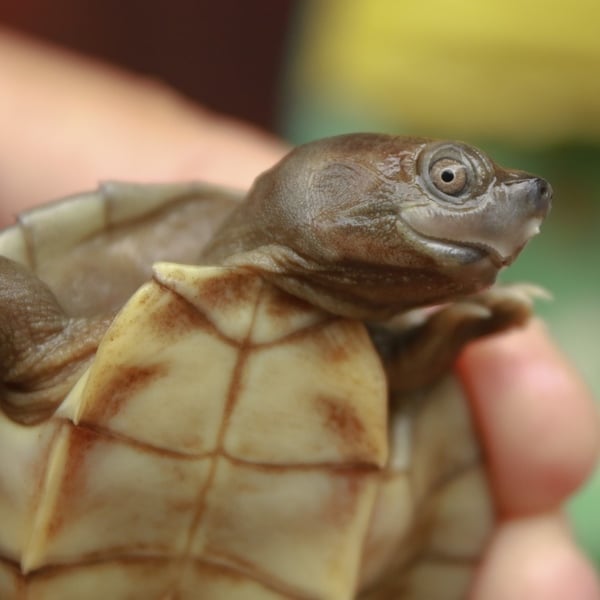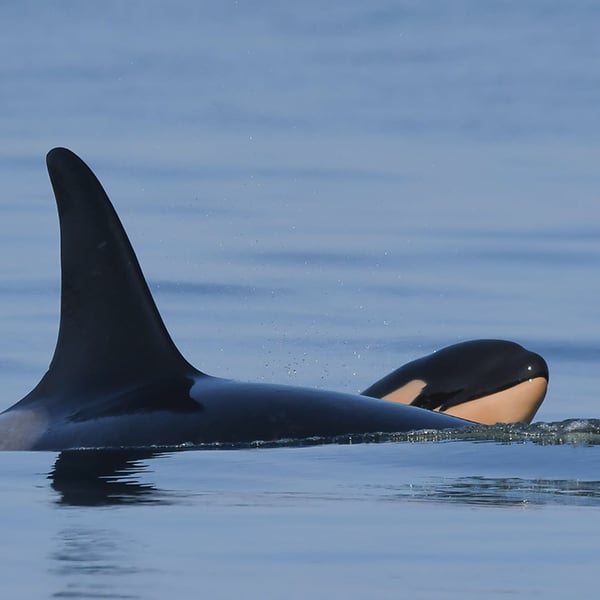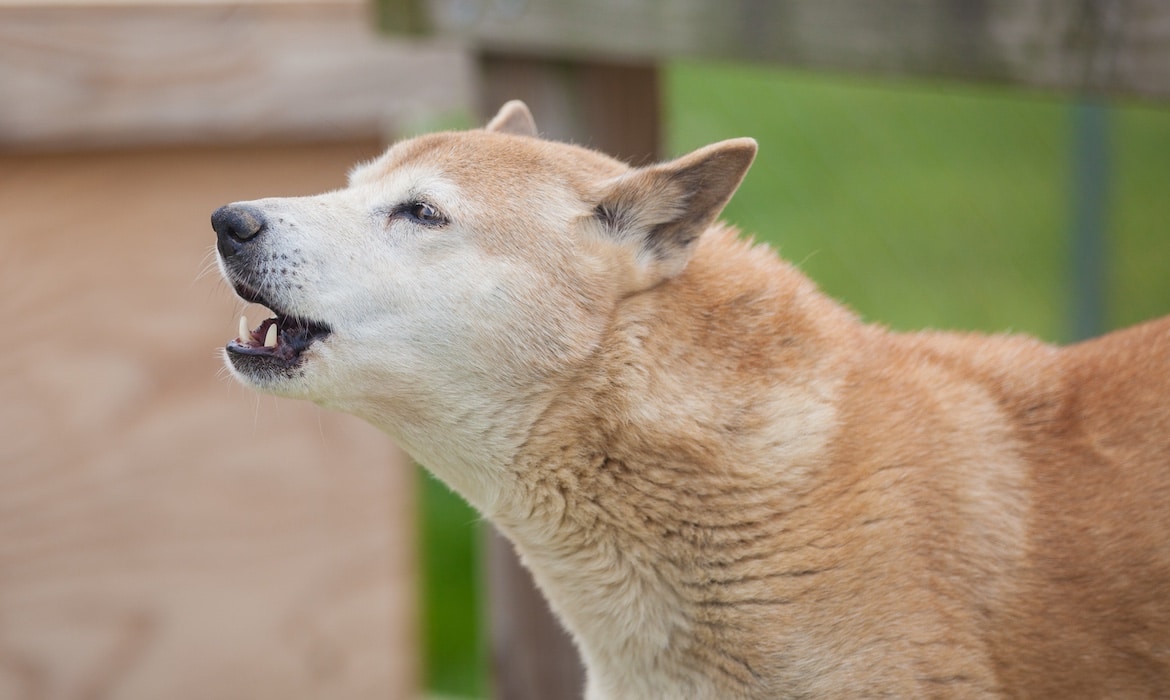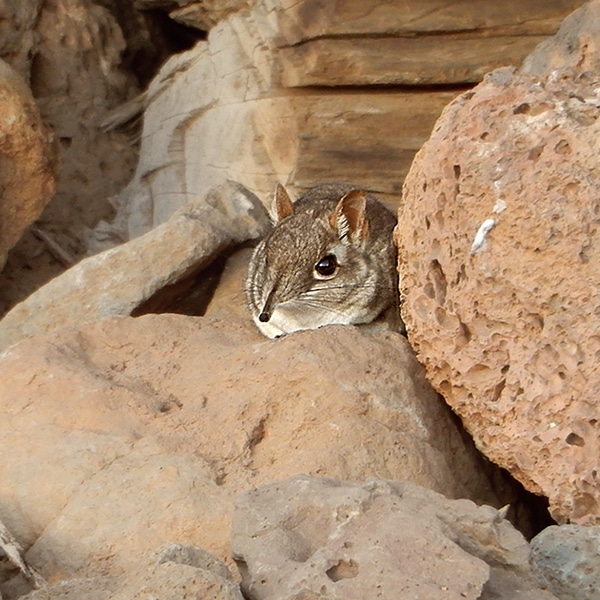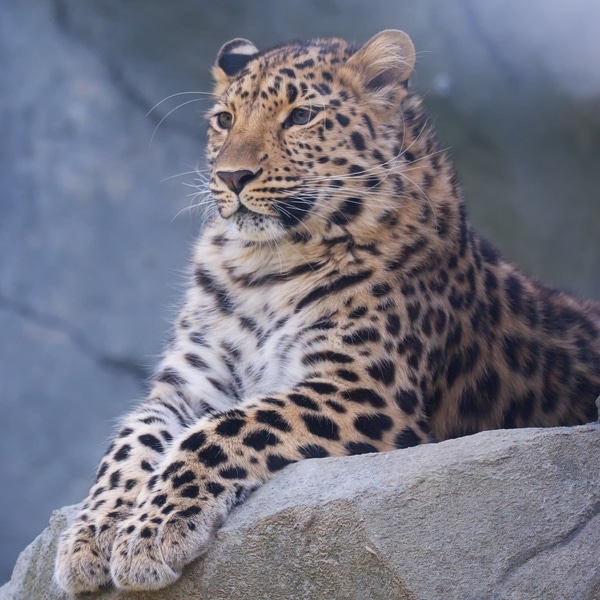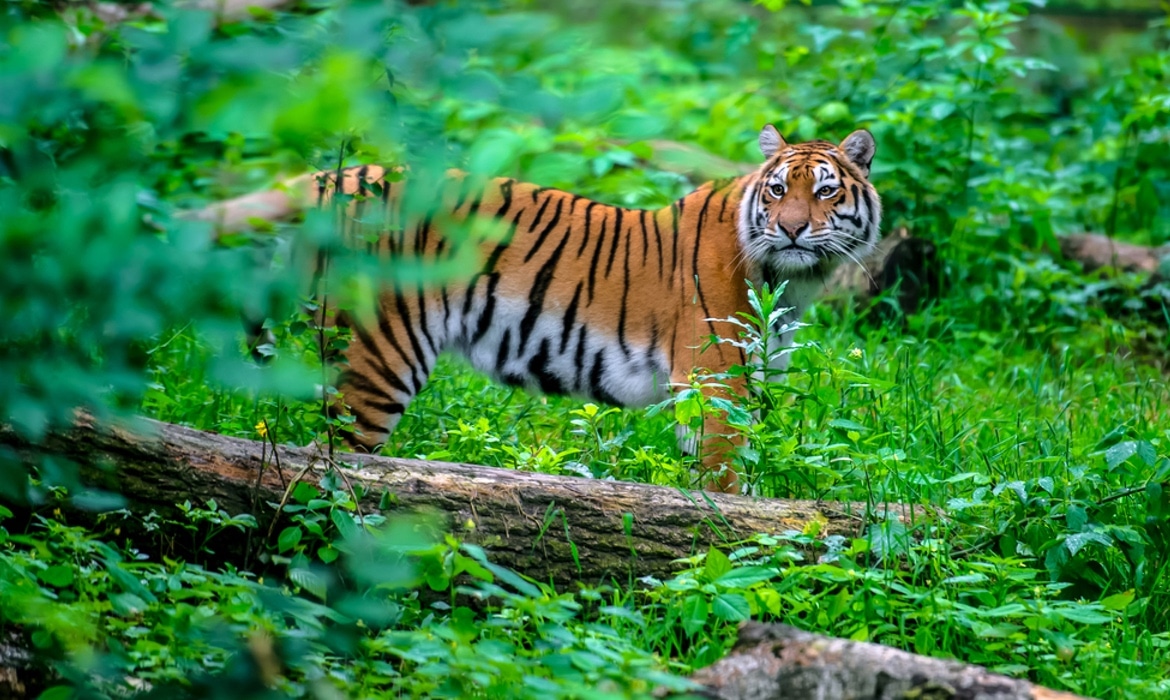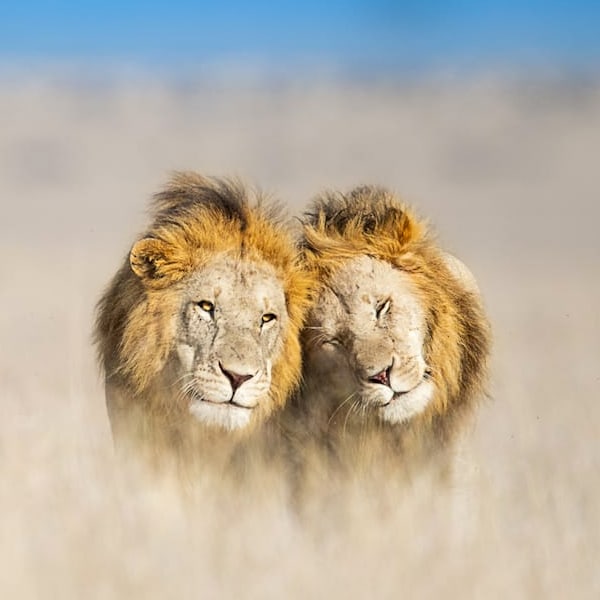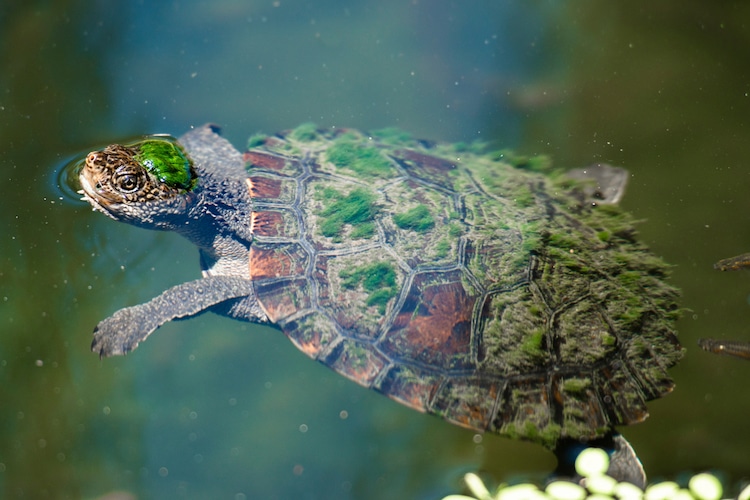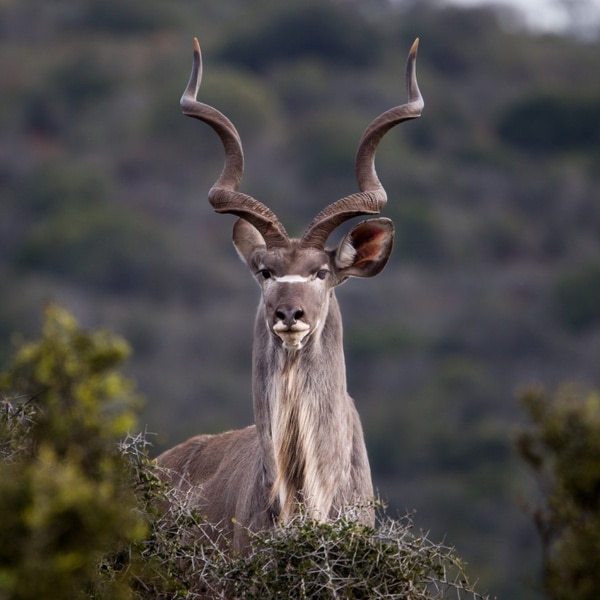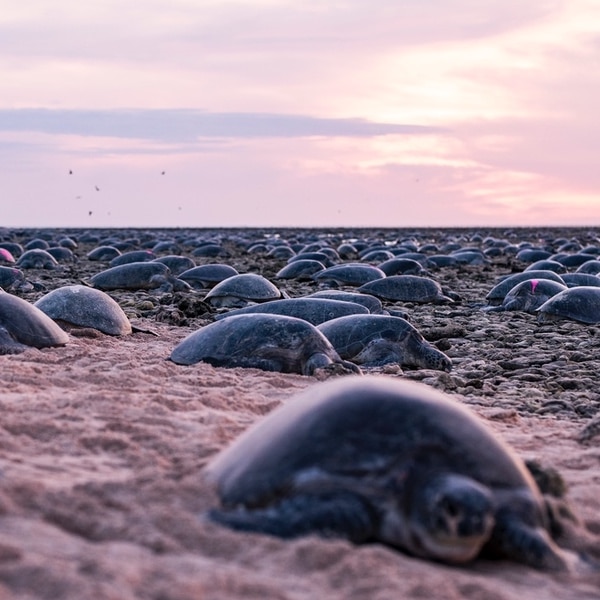Proud Crocodile Father Gives Piggyback Ride to Over 100 of His Children
Indian wildlife and conservation photographer Dhritiman Mukherjee has spent the past 20 years dedicating his life to the documentation and protection of animals. Spending over 280 days a year in the field, he's seen many incredible moments. Most recently, his spectacular image of an endangered crocodile carrying its babies through the water is making waves online. Mukherjee's photograph shows a male gharial giving a ride to more than 100 of his babies.
